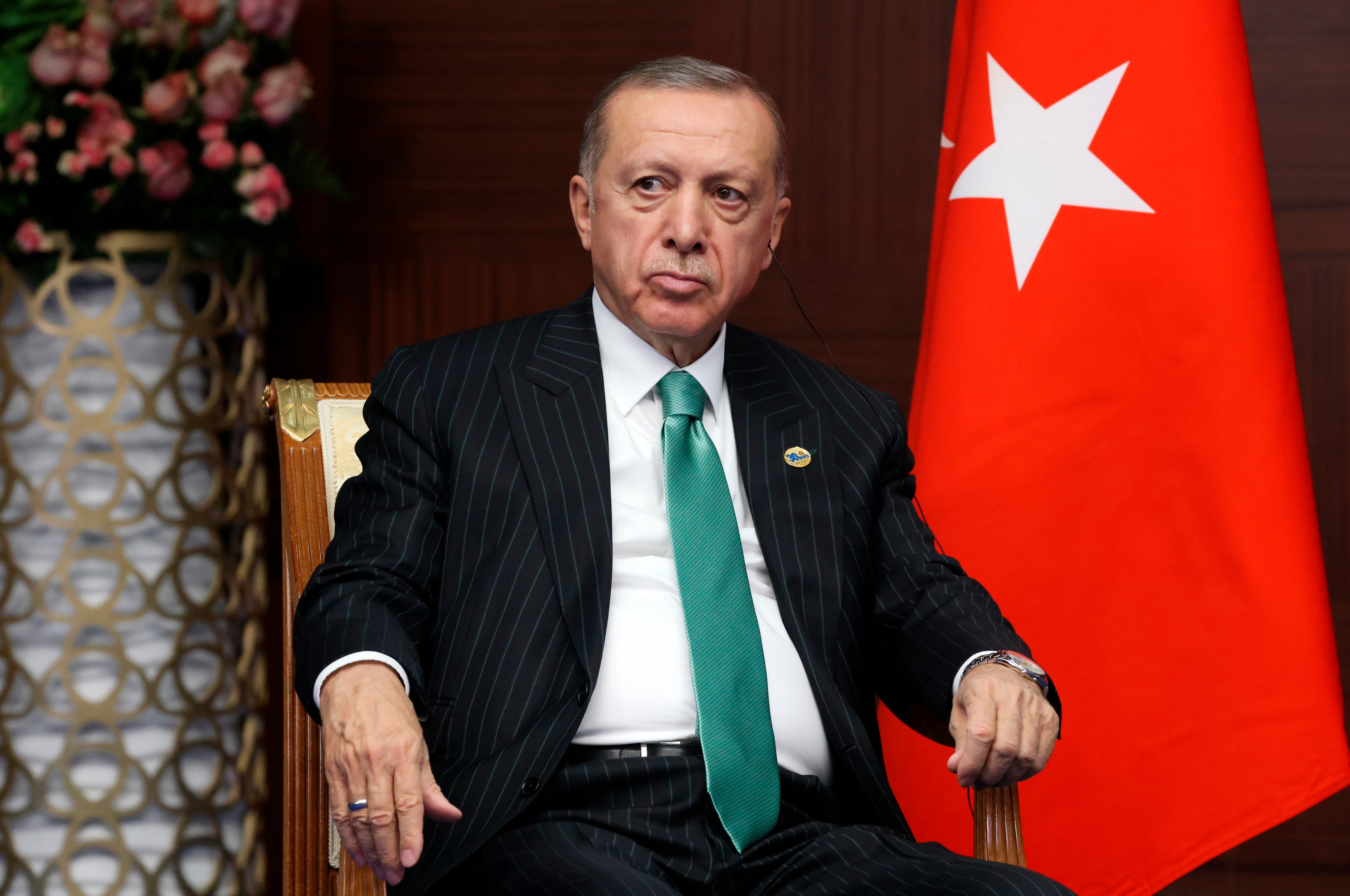
Authorities in Turkey are investigating the possibility that a woman may have been involved in a “terror attack” that killed at least six people.
The explosion also wounded at least 81 others when it was detonated on the busy Istiklal Avenue, in central Istanbul, on Sunday at about 4.20pm local time (1.20pm GMT).
The street, in the Beyoglu district, was – as usual for a weekend – crowded with shoppers, tourists and families.
Turkish president Tayyip Erdogan said the bomb attack “smells like terrorism” and said that initial information suggested “a woman played a part” in it.
He told a press conference in the city: “Efforts to defeat Turkey and the Turkish people through terrorism will fail today just as they did yesterday and as they will again tomorrow.
“Our people can rest assured that the culprits behind the attack will be punished as they deserve.”
“It would be wrong to say this is undoubtedly a terrorist attack but the initial developments and initial intelligence from my governor is that it smells like terrorism,” he added.
Turkish vice-president Fuat Oktay also suggested that the attack was carried out by a woman.
On a visit to the site of the attack, he said the number of people injured had increased from 53 to 81, and reiterated that six people died in the explosion.

Mr Oktay said: “We are evaluating it as an act of terror”.
No one, or group, has yet claimed responsibility for the blast.
Turkey’s media watchdog has imposed temporary reporting restrictions to ban the use of close-up videos and photos of the explosion and its aftermath.
If confirmed as an act of terror, it would be the first major bombing in Istanbul in several years.
Twin bombings outside an Istanbul soccer stadium in December 2016 killed 38 people and wounded 155 in an attack claimed by an offshoot of the militant Kurdistan Workers Party (PKK).

The PKK is designated a terrorist group by Turkey, the European Union and the United States.
A string of bombings between 2015 and 2017 left more than 500 civilians and security personnel dead.
As well as Kurdish militants fighting against the Turkish state for increased autonomy, some of the attacks were perpetrated by Isis.
Following the attacks, Turkey carried out cross-border military operations into Syria and northern Iraq against Kurdish militants, while also cracking down on Kurdish politicians, journalists and activists in Turkey.







